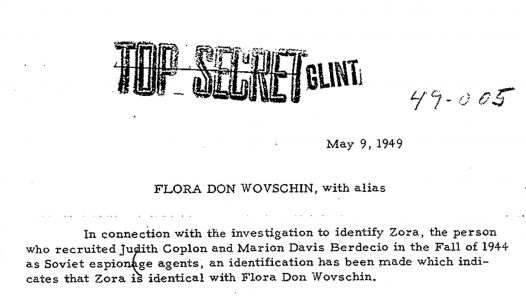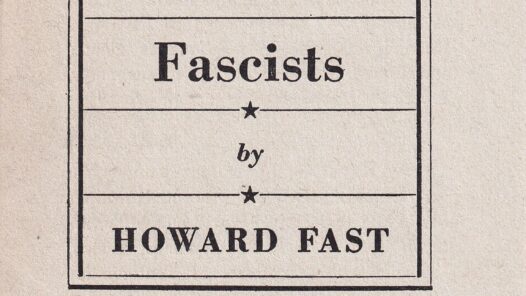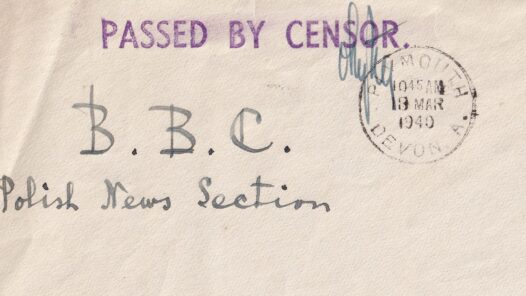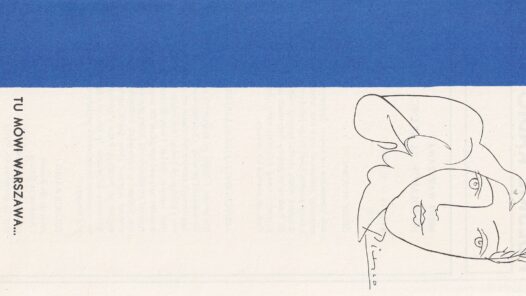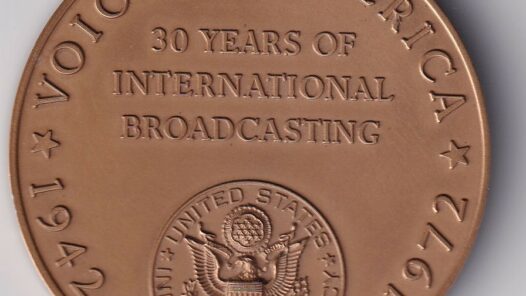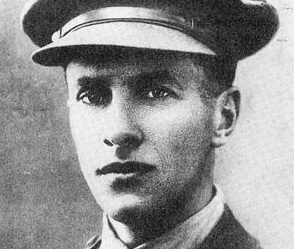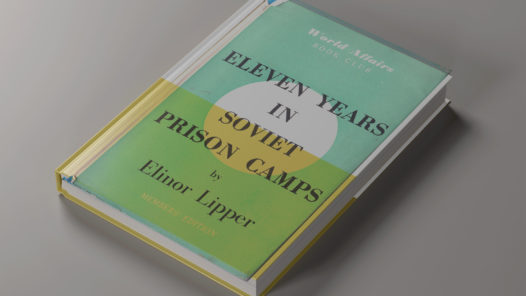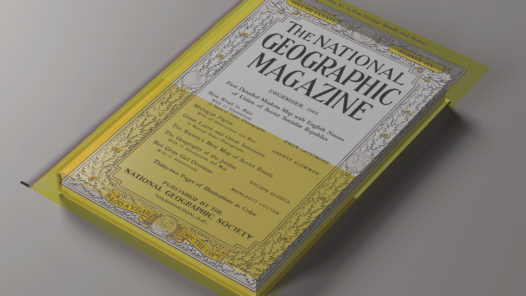Ted Lipien for Cold War Radio Museum News reports that Poland, in the latest Russia-West prisoner swap, handed over an alleged Russian spy, who had worked for the Voice of America (VOA) as one of its freelance journalists, exposed some of the...
By Ted Lipien for Cold War Radio Museum In his book Radio Free Europe’s “Crusade for Freedom: Rallying Americans Behind Cold War Broadcasting, 1950–1960,” Richard H. Cummings describes “Operation VETO” as an attempt by...
by Ted Lipien for Cold War Radio Museum On June 8, 1950, American novelist and Communist Party USA (CPUSA) activist and journalist Howard Fast, a former Voice of America’s (VOA) chief news writer and editor in the wartime United States Office...
One of the newest exhibits of the online Cold War Radio Museum is an envelope addressed to the news department of the BBC Polish Service, posted in Great Britain in March 1940. The envelope has the inscription “PASSED BY CENSOR,”...
By Ted Lipien for Cold War Radio Museum On December 13, 1981, the communist government of the Polish People’s Republic subservient to Moscow introduced martial law and formed a military junta in an ultimately unsuccessful...
Ted Lipien for Cold War Radio Museum In February 1972, the U.S. government-funded and managed Voice of America (VOA), then part of the United States Information Agency (USIA), observed the 30th anniversary of its founding in 1942, during World War...
My new op-ed in The Hill includes comments on the latest barbaric attacks by Hamas terrorists on Israeli civilians—defenseless Jewish women, children, and the elderly. I discuss the hard-to-understand and explain defense of...
A commentary by Ted Lipien for the Cold War Radio Museum In doing historical research, I found a few indirect links between one of Joseph Stalin’s greatest apologists, the New York Times Pulitzer Prize-winning Moscow correspondent in the 1930s...
Ted Lipien for Cold War Radio Museum The March 25, 1951 Sunday edition of the New York Times had a review by journalist and writer Harry Schwartz of Elinor Lipper’s book Eleven Years in Soviet Prison Camps, in which the former Western...
Owen Lattimore circa 1945. In 1941, President Roosevelt appointed Professor Owen Lattimore, who advocated for a stronger Soviet role in China, to serve as U.S. advisor to Chinese leader Chiang Kai-shek, a position he held for one and...

